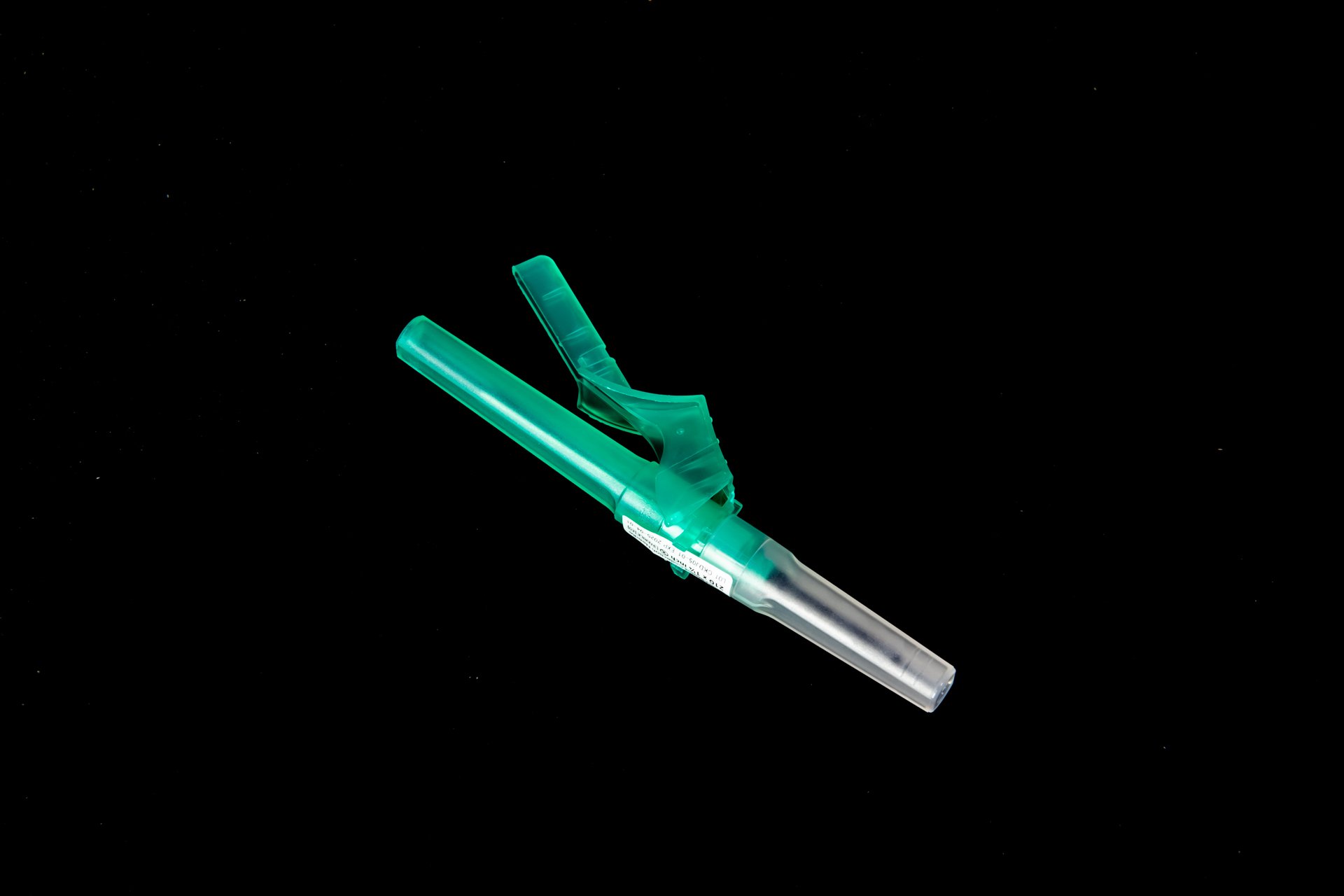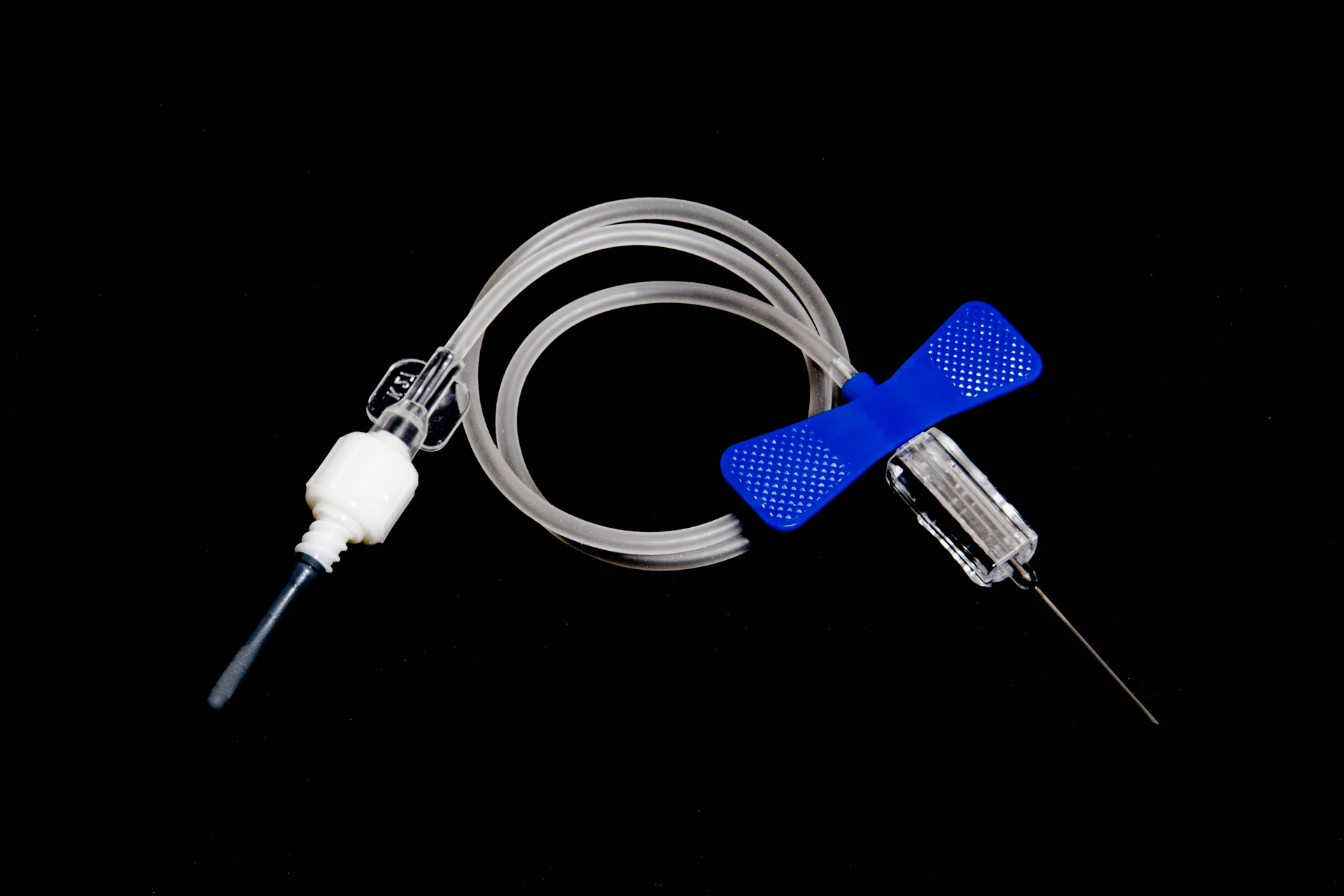Understanding Patient Anxiety With Needles
It is common for patients to experience anxiety when faced with the prospect of receiving a needle. Whether it be for a routine blood test or a vaccination, the fear of needles is a real phenomenon that can have a significant impact on a person's overall health and well-being. In this article, we will explore the reasons behind needle anxiety, as well as strategies for managing and overcoming this fear.
Causes of Needle Anxiety
There are several factors that contribute to needle anxiety in patients. Some of the most common reasons include:
Fear of pain: Many people associate needles with pain and discomfort, which can trigger feelings of anxiety.
Previous negative experiences: A past negative experience with needles, such as a painful injection or a fainting episode, can create a lasting fear of needles.
Needle phobia: Some individuals have an extreme fear of needles, known as trypanophobia, which can cause severe anxiety and panic attacks.
It is important for healthcare providers to understand the underlying causes of needle anxiety in order to better support their patients and provide appropriate care.
Impact of Needle Anxiety
Needle anxiety can have a significant impact on a person's health and well-being. Some of the consequences of needle anxiety include:
Avoidance of necessary medical procedures: People with needle anxiety may avoid seeking medical care or receiving necessary vaccinations due to their fear of needles.
Increased stress and anxiety: The anticipation of a needle procedure can cause heightened stress and anxiety in patients, which can have negative effects on their mental and physical health.
Compromised healthcare outcomes: Patients who are anxious about needles may experience difficulties during medical procedures, leading to compromised healthcare outcomes.
By addressing needle anxiety in patients, healthcare providers can help improve the overall quality of care and outcomes for their patients.
Strategies for Managing Needle Anxiety
There are several strategies that healthcare providers can use to help patients manage and overcome their fear of needles. Some effective approaches include:
Education and Information
Providing patients with clear and accurate information about the needle procedure can help alleviate anxiety. Healthcare providers should explain the purpose of the procedure, the expected level of pain, and any potential side effects. Click here for more information on trypanophobia.
Distraction Techniques
Using distraction techniques, such as deep breathing exercises or listening to music, can help redirect a patient's focus away from the needle procedure. This can help reduce anxiety and increase feelings of relaxation.
Gradual Exposure
For patients with severe needle phobia, gradual exposure therapy can be an effective treatment approach. This involves gradually exposing the patient to needles in a controlled setting, allowing them to slowly build up their tolerance and reduce their anxiety over time.
Conclusion
Needle anxiety is a common issue that many patients face when receiving medical care. By understanding the underlying causes of needle anxiety and implementing effective strategies for management, healthcare providers can help support their patients and improve their overall healthcare experience. By addressing needle anxiety, healthcare providers can help create a more positive and supportive environment for their patients, leading to better outcomes and overall satisfaction.
Disclaimer: The content provided on this blog is for informational purposes only, reflecting the personal opinions and insights of the author(s) on phlebotomy practices and healthcare. The information provided should not be used for diagnosing or treating a health problem or disease, and those seeking personal medical advice should consult with a licensed physician. Always seek the advice of your doctor or other qualified health provider regarding a medical condition. Never disregard professional medical advice or delay in seeking it because of something you have read on this website. If you think you may have a medical emergency, call 911 or go to the nearest emergency room immediately. No physician-patient relationship is created by this web site or its use. No contributors to this web site make any representations, express or implied, with respect to the information provided herein or to its use. While we strive to share accurate and up-to-date information, we cannot guarantee the completeness, reliability, or accuracy of the content. The blog may also include links to external websites and resources for the convenience of our readers. Please note that linking to other sites does not imply endorsement of their content, practices, or services by us. Readers should use their discretion and judgment while exploring any external links and resources mentioned on this blog.



